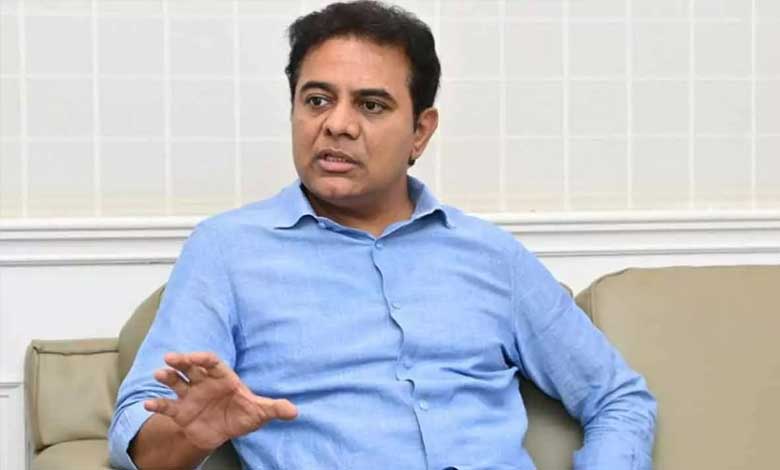KTR Slams Congress: From Annapurna Telangana to a Land of Suicides
BRS Working President K T Rama Rao (KTR) strongly criticized the Congress government, accusing it of causing a collapse in various sectors during its one-year rule, leading to a sharp rise in suicides among farmers and aspiring entrepreneurs.

Hyderabad: BRS Working President K T Rama Rao (KTR) strongly criticized the Congress government, accusing it of causing a collapse in various sectors during its one-year rule, leading to a sharp rise in suicides among farmers and aspiring entrepreneurs.
Table of Contents
KTR Accuses Congress of Reversing Telangana’s Progress
KTR took to Twitter (X) to claim that under K Chandrashekar Rao’s (KCR) decade-long leadership, Telangana, once struggling with hunger and suicides, was transformed into Annapurna—a state that played a major role in the nation’s food production. However, he alleged that the Congress-led government has undone this progress, turning Telangana into a land of despair and increasing suicides.
Criticism of Congress Administration
KTR further slammed the Congress government, stating that it is not a government serving the people, but one that harasses them. He highlighted concerns about the decline in Telangana’s real estate sector, attributing the damage to projects like Hydra and Musi cleansing.
Also Read: Hyderabad and Telangana Witness Final Stages of Winter as Temperatures Rise
Economic Distress and Entrepreneurial Setbacks
KTR also expressed concerns over the dwindling investment opportunities for entrepreneurs, accusing the government of promoting predatory lending practices that exploit the struggling population.

KCR’s Contributions vs. CM Revanth Reddy’s Failures
KTR lauded KCR’s contributions, stating that the former Chief Minister had strengthened the agricultural sector, supported farmers, and instilled confidence in them. In contrast, he blamed Chief Minister Revanth Reddy’s government for the increasing distress among farmers, citing issues like a lack of irrigation water, power shortages, failure to procure crops, absence of farmer assurances, and delays in loan waivers as major contributing factors to their hardships.
